MPs will discuss the disparity between the 20% VAT rate for public electric vehicle (EV) charging and the 5% rate for those plugging in at home.
Conservative MP Sir Christopher Chope has introduced a private member’s bill, where he proposes exempting public charging from VAT entirely.
Those charging at home gain access to the 5% VAT rate due to an HMRC “de minimis” provision related to the supply of small domestic electricity that is “not more than an average rate of 33 kilowatt hours per day or 1,000 kilowatt hours per month”.
MPs will discuss EV charging VAT exemption in what is called the second reading of the bill on June 13, which will be the first opportunity MPs will actually have to debate the bill.
The private member’s bill would still have several more stages to go through until it gets to a point where it could receive Royal Assent and could become law.
Chope, who is the MP for Christchurch, told Fleet News: “We’re asking people to make the switch to EVs but for those without the ability to charge at home it’s double jeopardy.
“Those charging on the public networks can be paying a similar amount to those filling up with petrol and diesel.
“There’s already a degree of public scepticism around net zero and this approach to VAT on EV charging will just feed into that.
“Whether we make any progress on this idea at the second reading remains to be seen.”
Chope expects the importance of debating VAT on EV charging to grow in prominence by the summer as car manufacturers continue the push to meet zero emission vehicle (ZEV) mandate targets, which require 28% of new car registrations to be EV by the end of 2025.
EVs should not be a purview of the rich
Paul Hollick, AFP chair, told Fleet News that the industry body will continue to campaign for VAT parity at 5%, which was part of its Tax and Regulation Manifesto in 2024.
He said: “VAT parity probably doesn’t impact fleets as much as it does the retail EV market, as well as those without access to off-street parking or those on lower incomes.
“We see it more as a wider social issue. EVs should not be at the purview of the rich and if you’re in a situation where you don’t have access to a home charger, you will be in a situation where you’re paying full fat VAT at 20%.
“I don’t think there is the political will currently for this to change and it’s not going to be as popular as freezing fuel duty, which is automatically seen as putting money back into people’s pockets.”
Hollick continues to have worries around retail EV demand and the knock-on impact this may have for EVs on the used market, as well as residual values (RV).
He said: “We’re already seeing electric salary sacrifice vehicles coming back to the market and the RV performance hasn’t necessarily been what was expected.
“We need an EV market in the UK that makes sense for all levels of affordability for drivers and the price of charging plays a key part in that.”
The AA welcomed the debate by MPs on the topic of VAT and charging.
A spokesperson said: “We have been campaigning and urging the Government to move to parity on VAT for charging for some time.
“For the 30 to 40% of people that don’t have access to off-street parking in the UK, charging and the pricing around that can become a real hurdle. Price parity at home and with public charging points will help.”
The AA is continuing to campaign for price parity on VAT and it’s also part of its Motoring Manifesto.
The spokesperson added: “There is clearly a desire from the Government to move to EVs and introducing incentives will only help with the transition to zero emissions.”



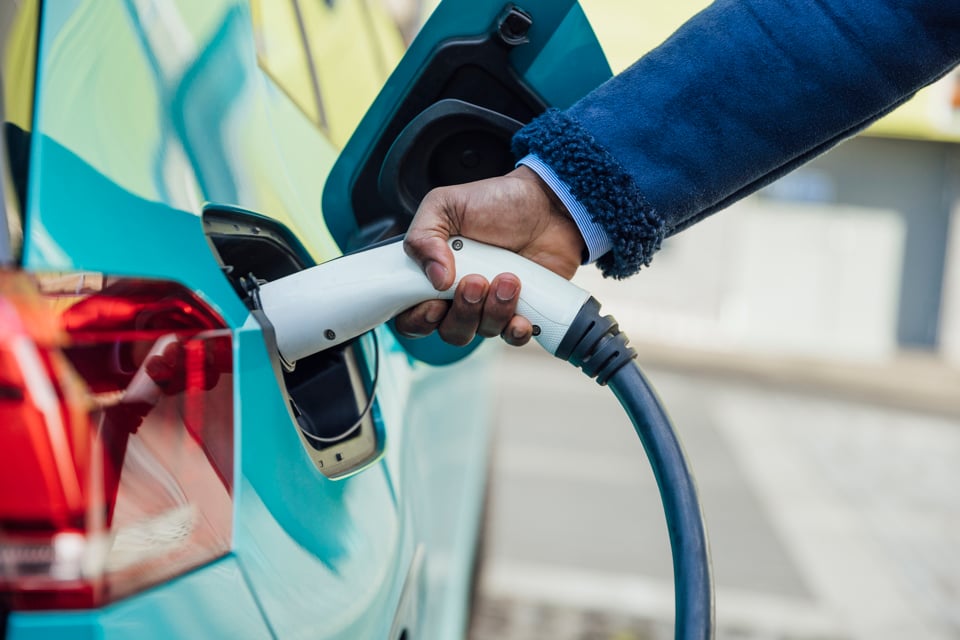



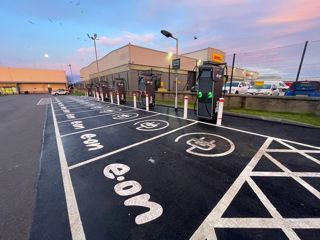
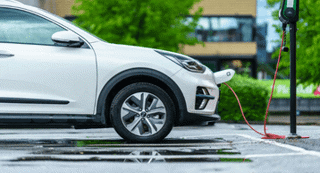

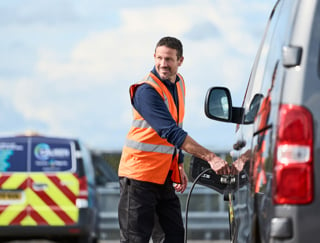
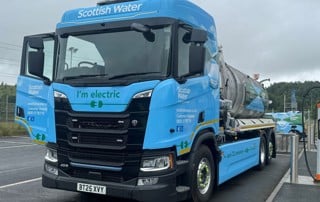












Login to comment
Comments
No comments have been made yet.